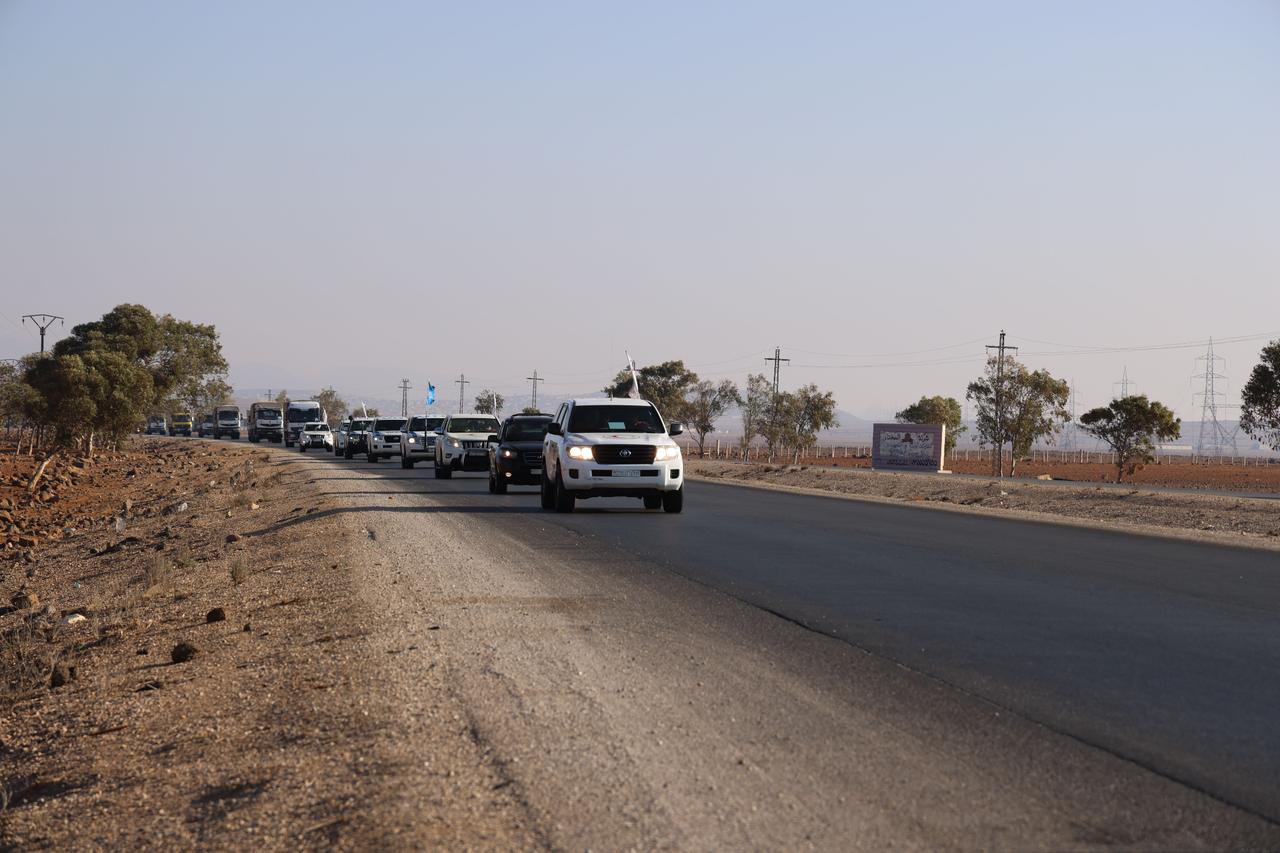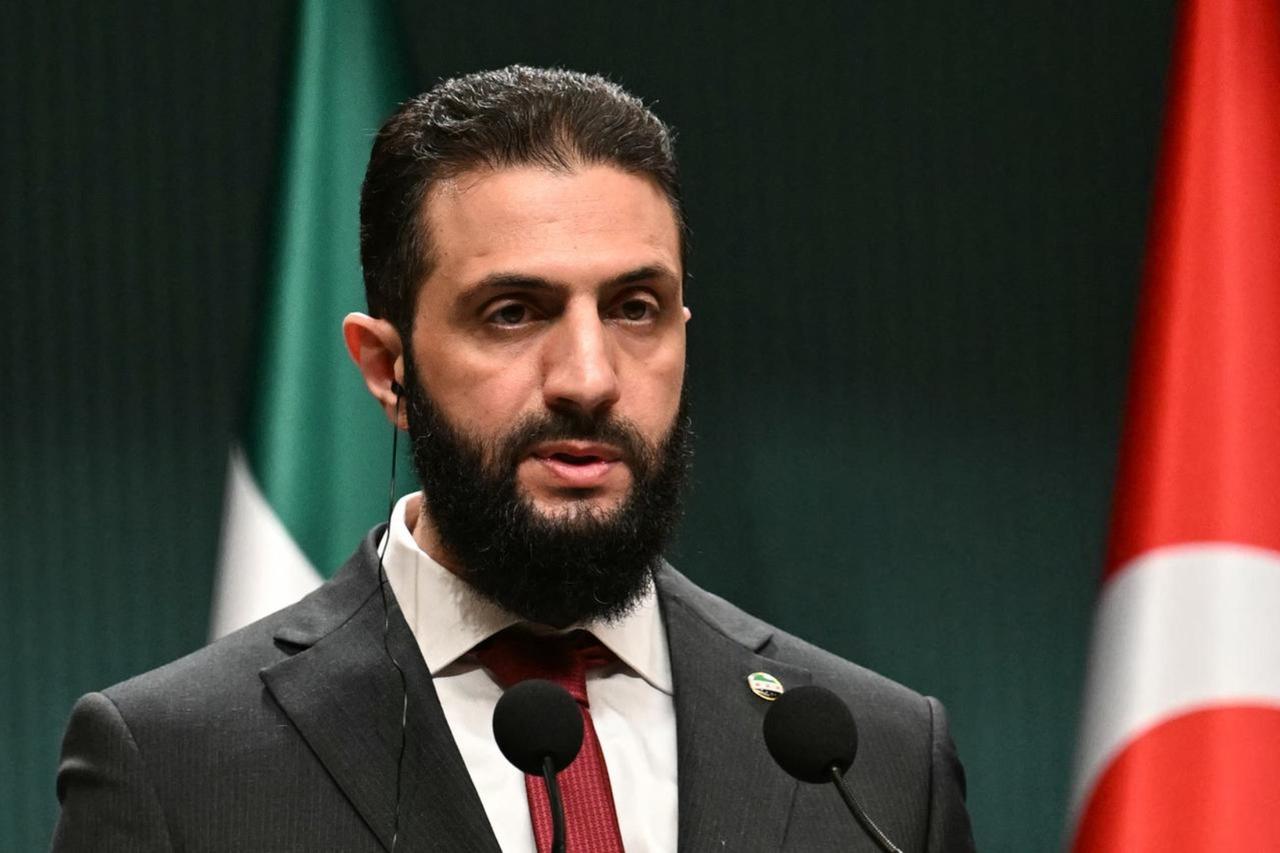
According to U.S. and Israeli officials, a new plan has been proposed to Damascus that envisions establishing a humanitarian corridor from Israel to Sweida. The same sources indicate that the Syrian side feared such a corridor could be exploited for weapon smuggling.
The U.S., on the other hand, hopes this initiative could help mend ties between Israel and Syria and revive normalization talks.
Before the recent escalation in Sweida, several reports suggested that Israel and Syria were making progress toward a mutual understanding. Negotiations were moving forward smoothly until a “misunderstanding” dealt a severe blow to the talks.
Since then, Israel has bombed the Syrian Ministry of Defense as well as the front yard of the Syrian Presidential Palace, and its air force has killed hundreds of Syrian army personnel in Sweida.
For Ahmad al-Sharaa, this was a serious setback. He had repeatedly referred to the “State of Israel”—terminology virtually unheard of in Syrian political discourse. Türkiye—despite its own hostilities with Israel—had encouraged him to reach a security understanding with Israel as well.

Within both the core HTS base and the broader Syrian opposition, many were deeply skeptical of talks with Israel. Despite intense criticism from his most loyal supporters, Sharaa reached out to Israel and even entertained the idea that, under the right circumstances, Syria might one day join the Abraham Accords.
Sharaa's position was highly risky. By speaking with Israel, he jeopardized the backing of his most influential supporters and risked empowering more radical and jihadist factions in Syria, including Daesh. In Idlib—from where Sharaa had launched his lightning campaign to topple the Assad regime—discontent was visible on the streets. On Telegram, some users even questioned whether Sharaa had become an apostate.
Inside Sharaa's inner circle, influential figures argued that Israel could not be trusted and that engaging in dialogue was futile. The Israeli bombing campaign following the “misunderstanding” appeared to prove them right. As a result, Sharaa shifted his language, referring to Israel instead as “the Israeli entity.”
The current American position focuses on building trust between Israel and Syria. However, if these trust-building measures amount to one-sided concessions from the Syrian side, Washington will make it extremely difficult for Sharaa to maintain his domestic base.
Should he fail to preserve at least some cohesion among his “men,” the U.S. policy of promoting a stable Syria may be undermined by its own push to mend ties between Israel and Syria.